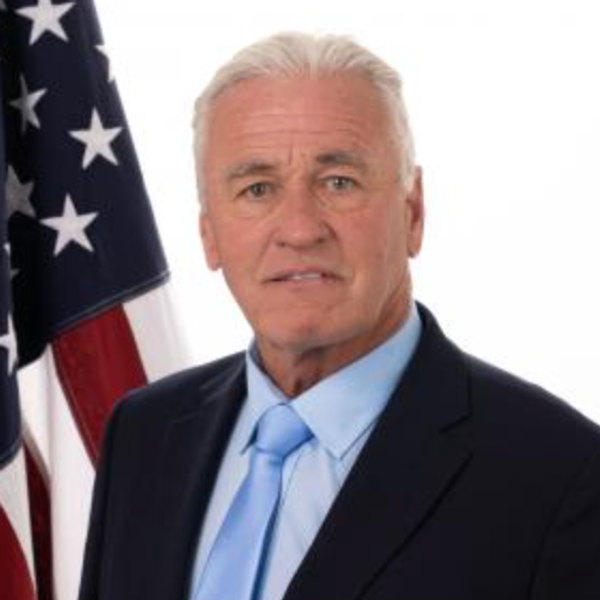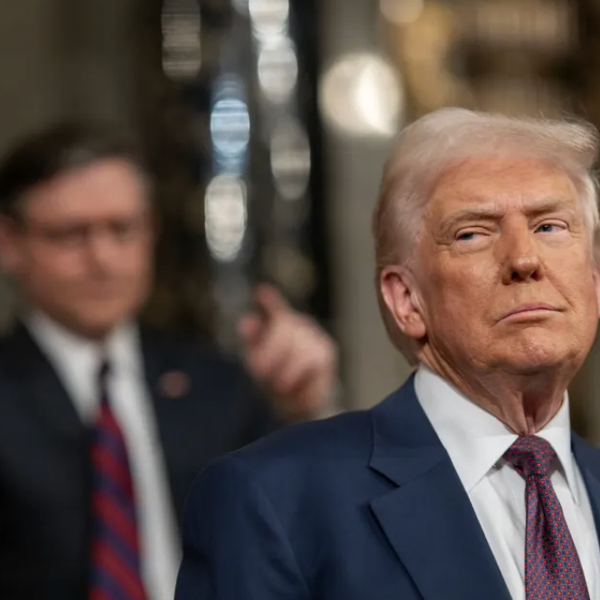Update (11:10 a.m. EST): Police arrested protesters who sat on the ground and blocked traffic into New York City’s financial district on Thursday, part of a day of mass gatherings in response to efforts to break up Occupy Wall Street camps nationwide.
Occupy Wall Street and allies plan to march on the New York Stock Exchange and rally across America on Thursday, attempting to return the national conversation to their message of economic inequality and corporate power, even if the movement’s disorganization means the violence and chaos of the past two weeks and internal attempts at self-policing will remain in the spotlight.
Beginning early in the morning, protesters, who have resumed rallying throughout the day and evening (but not overnight) at their flagship Zuccotti Park, will celebrate the movement’s two-month anniversary. But the increasingly combative approach of local governments, arresting hundreds and seizing property, means a combative minority of activists could use the opportunity to again muddle the message.
“We’re talking about resisting and reversing profound processes of the creation of oligarchy and demobilization of opposition going on for decades,” said Todd Gitlin, a professor at Columbia and leader of Students for a Democratic Society starting early in the ’60s. “You’ve got to do more than get people angry at some cops.”
In the aftermath of Tuesday’s tumult, when the permanent encampment at Zuccotti was destroyed, it has come out that the New York City mayor’s office repeatedly attempted to engage in dialogue with the protesters leading up to the eviction, only to find that because the movement claims to be leaderless (this is false: It is led by the “Spokes” Council), that such discussions were impossible.
As protester Hans Shan told The New York Times, “The mayor’s office had made it very clear that they were hoping to talk with Occupy Wall Street to negotiate and have people to speak with. But there was no one empowered in any process in Occupy Wall Street to engage in that dialogue.”
And this lack of empowered leaders speaks to another problem: Those who would damage the movement’s reputation — like a minority of Sept. 11 “truthers,” people who believe the terrorist attacks of 2001 on New York were an inside job — cannot be stopped.
“If they can’t even get some people to stop beating drums, which I understand they couldn’t, then they have trouble,” Gitlin said of the movement’s self-policing problems.
Despite the risks associated with jumping on board an organization that has resisted setting guidelines for its membership and has all the attributes to spark a new culture war, the American labor movement has gone all in, adopting the “99 percent” rhetoric of Occupy Wall Street.
“The Infrastructure Investment Day of Action is part of the ‘America Wants to Work’ campaign, which not only calls for investment in infrastructure, but also the extension of unemployment benefits, the revival of U.S. manufacturing, an end to the export of good jobs and Wall Street reform, among other policies to create jobs and restore the economy,” reads an AFL-CIO press release. “November 17th is also a national mobilization day around the many issues affecting the 99 percent.”
It seems apparent, though, that even if a symbolic home was lost on Tuesday, excessive police force keeps breathing new life in what was probably a faltering cause.
“There was a period in the late 1960s where the way to radicalize people was to put them in a position where the police were likely to crack their heads, and that happened to some degree,” added Gitlin. “You electrify them and horrify them.”
Though it retains strong appeal to the left, “Occupy” continues to struggle with the conflict between the utopian ideal of an open, wholly democratic movement and the reality of a fringe, even criminal element that will pray upon such good intentions.
“We took care of quite a few homeless people attracted to the [free] food,” said Nikita, a member of the Occupy Wall Street press team. “I think we have very good boundaries, and we learned very quickly to deal with a whole array of social ills thrust on us.”
Then there’s the views of voters, who initially seemed supportive of the cause but are starting to sour on it:
The Occupy Wall Street movement is not wearing well with voters across the country. Only 33% now say that they are supportive of its goals, compared to 45% who say they oppose them. That represents an 11 point shift in the wrong direction for the movement’s support compared to a month ago when 35% of voters said they supported it and 36% were opposed. Most notably independents have gone from supporting Occupy Wall Street’s goals 39/34, to opposing them 34/42.
Retaining broad popular support, however, is not necessarily essential for a social movement to be successful.
“A movement is not a popularity contest, although it’s very nice to do well in the polls,” Gitlin argued. “A movement is a social phenomenon in which lots of people with very different positions feel a connection to the overall entity and feel that there’s something for them to do in it, ranging from occupying a park to writing a letter to your congressman.”
Follow Political Correspondent Matt Taylor on Twitter @matthewt_ny








